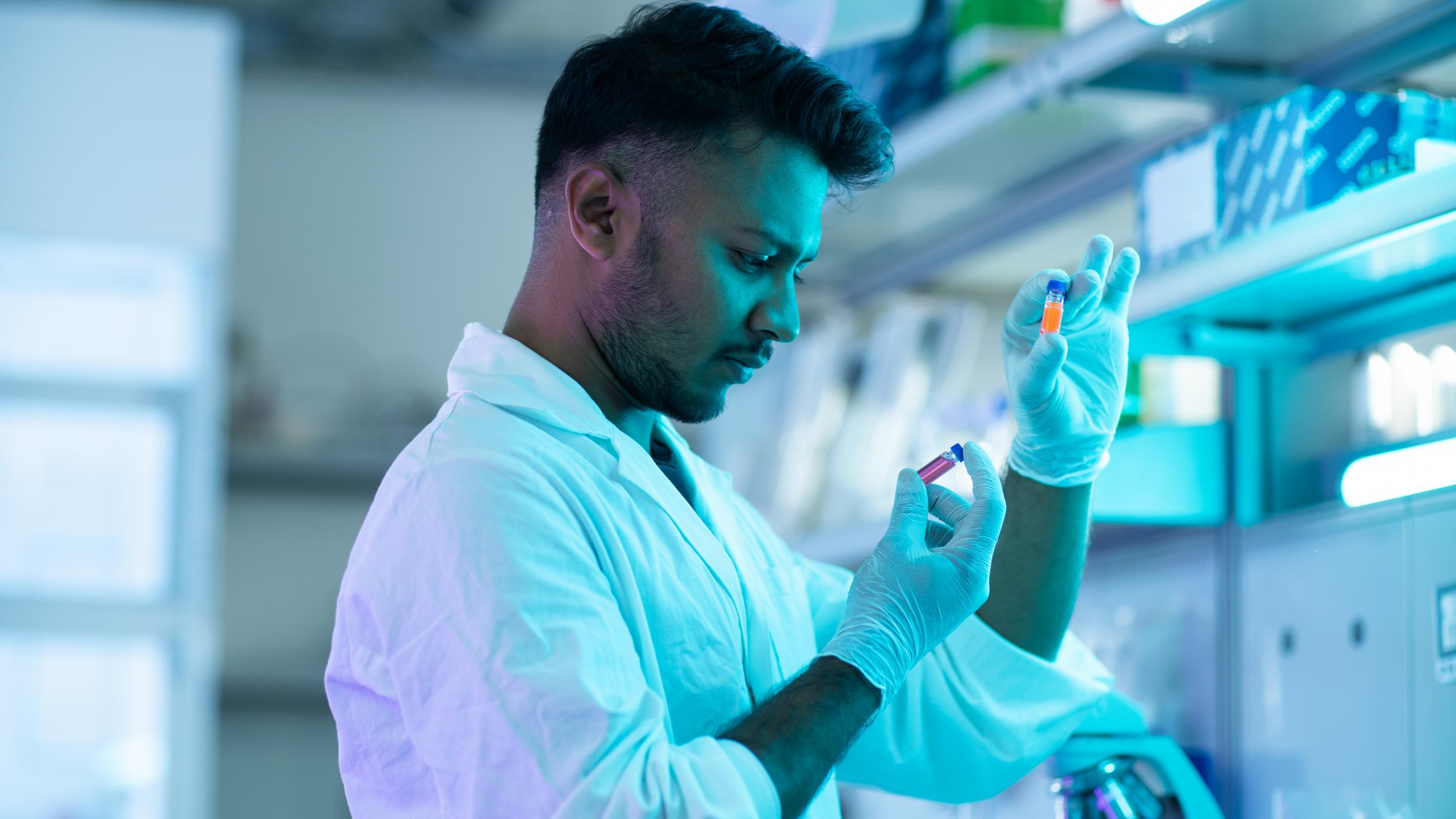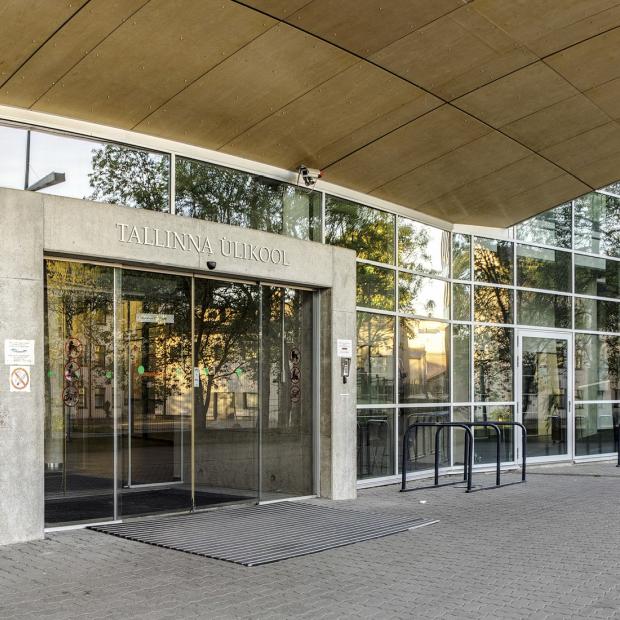The revelation of seaweed-originated polysaccharide degrading enzymes from different bacterial species
A new research article by our PhD student Md Musa Howlader explores the impact of marine bacteria in the production of bioactive food and pharmaceutical industries.

Md Musa Howlader, a PhD student of Analytical Biochemistry at the School of Natural Science and Health, Tallinn University is in the fourth year of his ongoing doctoral research. Recently, his research article Optimization of Fermentation Conditions for Carrageenase Production by Cellulophaga Species: A Comparative Study was published in the quarterly peer-reviewed journal Biology with an impact factor: 5.079, Scimago category: Q1. Howlader reflects upon the journey and impact of that particular study with some of our questions.
Tell us about the article, what it is about?
The article is focused on the extraction and purification of polysaccharide degrading enzymes from six different marine bacterial species. The enzyme extraction process was presented in a comparative manner amongst the tested species which is quite unusual as common enzyme-related studies focus on a single bacterium. The bacterial samples were mainly collected from Estonia, Japan and South Korea; the research was conducted in the Analytical Biochemistry laboratory of Tallinn University.
For the people that are not experts in the complex systems in natural sciences, could you give a simplified explanation for your article topic?
The article describes the revelation of seaweed-originated polysaccharide degrading enzymes (functional proteins) from different bacterial species. Besides their various biological activities, these functional proteins could be widely applied in the production of food products with health benefits, recycling of seaweed waste into bioethanol production and removal of excess printing paste after textile printing.
"At times, you find yourself at places with no clue regarding the next step, yet you have to keep exploring through different doors until you find the right one."
How long did the study take to be completed?
It took more than two years for the completion of this study as biochemistry research is a very long process and the experiments take so many trials. At times, you find yourself at places with no clue regarding the next step, yet you have to keep exploring through different doors until you find the right one.
Would you like to explain the impacts of your study?
This study presents the extraction and purification of enzyme marine bacterial species which can degrade seaweed-derived polysaccharides. Upon degradation, useful oligosaccharides could be produced and potentially could be used in various vital applications such as in the production of bioactive foods, bioethanol, textile and cosmetic products. In addition, the oligosaccharides also reported having anti-viral, anti-aging, anti- oxidant and anticoagulant properties, which could be potentially used in the pharmaceutical industry to a great extent.
What is the next step of your research?
At the moment, my research is focused on a bacterium that can secrete an enzyme with multi-polysaccharide degradation ability. The experimental data collection is almost completed and I am preparing them for initial submission. After that, I will be focusing on writing my PhD thesis as I am in the final year of my doctoral study.
Find out more about our Complex Systems in Natural Sciences PhD curriculum HERE

